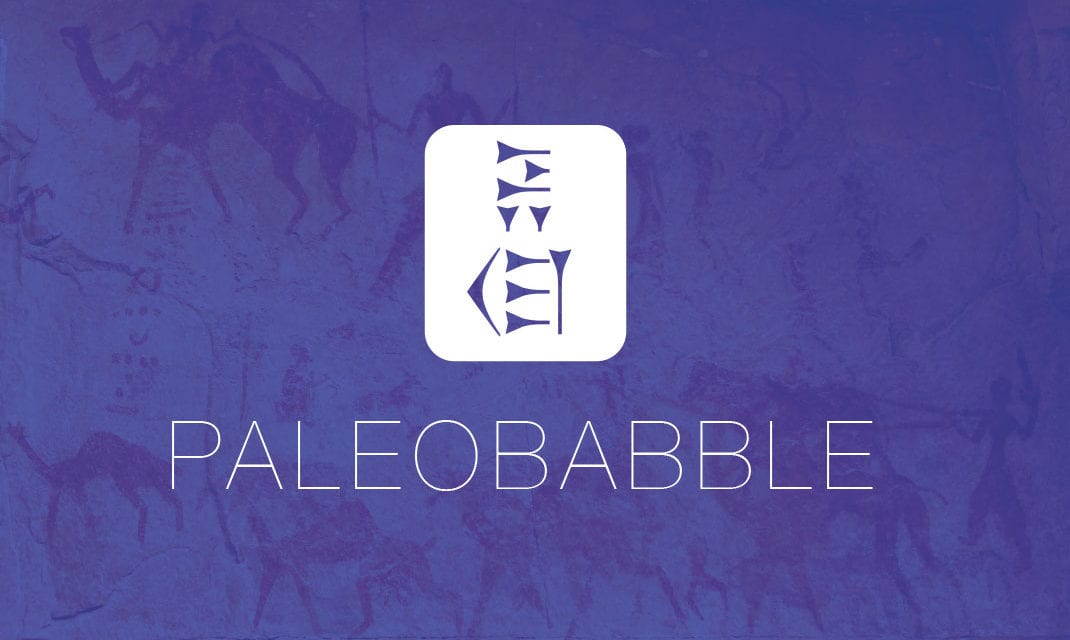This just in from the Middle East Media Research Institute (MEMRI), who translated the news release from Al-Ahram. The claim is that archeologists have discovered ancient Egyptian coins bearing the name and image of the Biblical Joseph. You can read excerpts of the translation here (also has a link to the article).
I’m not going to call this PaleoBabble just yet, but this paragraph makes it likely:
It was found that the inscriptions of this early period were usually simple, since writing was still in its early stages, and consequently there was difficulty in deciphering the writing on these coins. But the research team [managed to] translate [the writing on the coin] by comparing it to the earliest known hieroglyphic texts… Joseph’s name appears twice on this coin, written in hieroglyphs: once the original name, Joseph, and once his Egyptian name, Saba Sabani, which was given to him by Pharaoh when he became treasurer.
Comments:
1. The biblical Joseph (taking biblical genealogical life spans at face value) would have lived during the Middle Kingdom [ca. 2000-1750 BC) in Egypt (later, in the Hyksos era [ca. 1700-1550], for those who set aside the literal genealogical information). The Egyptian language in *either* period was NOT in its early stages. This is the period of classical Middle Egyptian, which had a copious literary output.
2. Joseph’s Egyptian name was not Saba Sabani, at least according to the biblical record (see Genesis 41:45).
This basically looks like the Muslim equivalent of someone like Ron Wyatt, who came up with archaeological frauds to bolster a literalist, Christian view of the Old Testament. Seems someone wants to do the same for the Quran. But, there is another distinct possibility: the find is real and the data reported came through a lazy, uninformed journalist and so it sounds inaccurate. We all know that happens with too much frequency. We’ll wait and see.







I’m fairly certain that coins weren’t used in Egypt until the Late Period, after they were invented in Anatolia in the 6th century BC, and didn’t take off until the Ptolemaic period. If a coin dating from the Hyksos period had been found that would be pretty revolutionary for numismatics.
Ah, so having read the article it looks like they’re claiming, based on verses of the Quran that Egyptians used scarab amulets as currency.
@korshi: Yes, a coin from that time period would be big news, but don’t hold your breath.
Whether they are “coins” or simply Egyptian scarabs, amulets, etc. is immaterial to the Bible. It’s the Q’uran that claims Joseph was sold for “coins” – the Bible uses 20 shekels which are measures of weight. However what is extremely significant is that they corroborate the Genesis account of Joseph being an official in Pharaoh’s court. That is, if they actually exist.
@Cris Putnam: yep; and the specific reference to “coins” in the find draws attention as well because coins were not in use that far back into antiquity (precious metals were weighed in amounts – like the shekel).